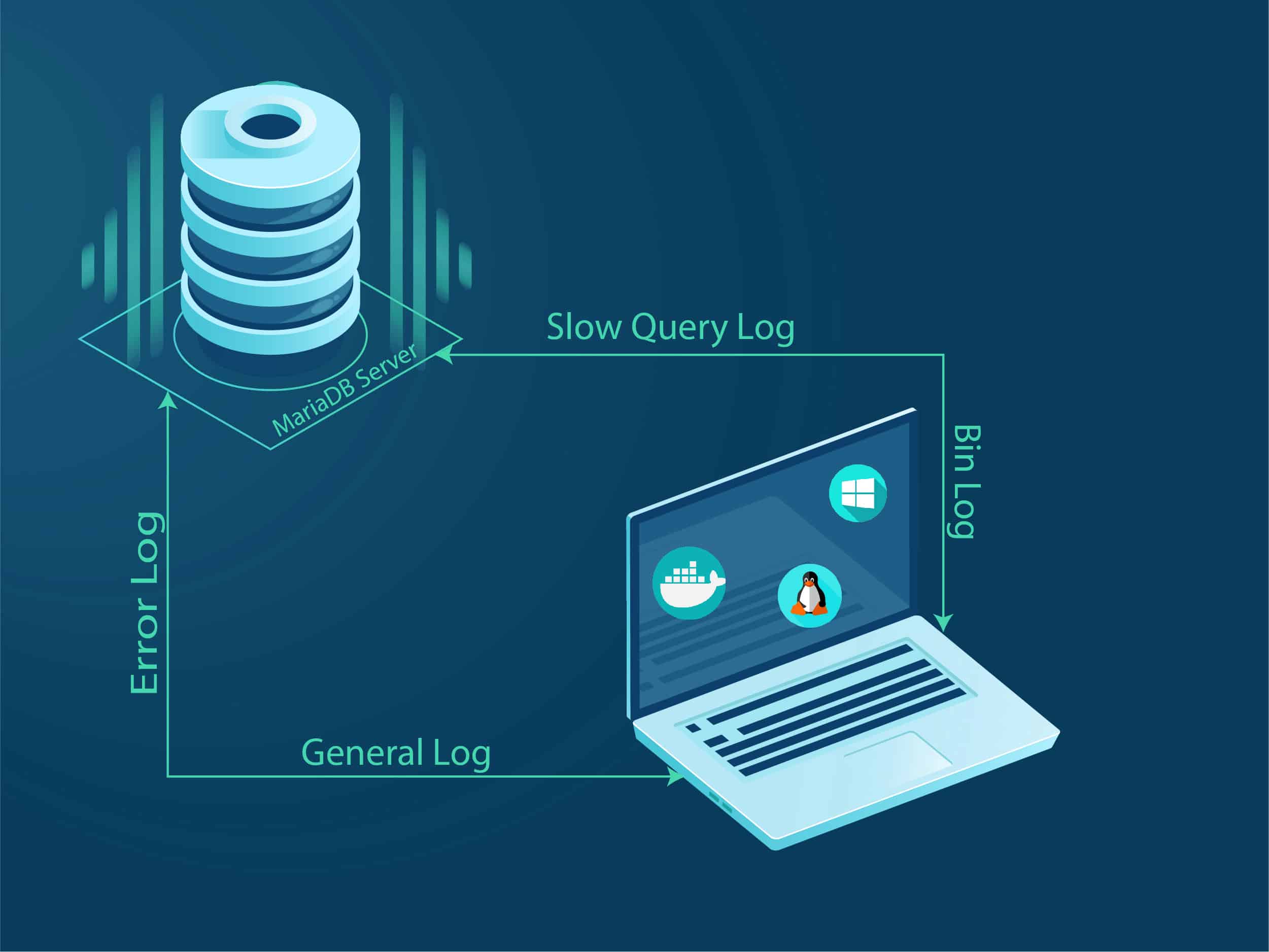Business Analyst Career Path: Charting a Path to Success
Content
Bureau of Labor Statistics , in 2020 the median annual salary was $65,810 for market research analysts. The top-paying industries included publishing ($79,040) and companies and enterprises ($77,110).
A master’s degree in Business such as MBA can also provide you with the knowledge you need to take up this role. A graduate business degree is the starting point as it will cover some important subjects business administration, business acumen, operational management, human resources, logistics, finance, accounting and business management. Business analysts make digital transformation easier by bridging the customer-developer gap in digital transformation projects. A business analyst is responsible for discovering, synthesising, and analysing information from a variety of sources. The business analyst is responsible for eliciting the actual needs of stakeholders which frequently involves investigating and clarifying their needs in order to determine underlying issues and causes. That high demand translates into relatively secure employment – and extremely competitive salaries.
Average Salary Comparison by Continent
A business analytics degree will develop your communication and presentation skills. If you go on to be a business analyst, you’ll be consulting with many different teams on both the technical and business side, so being able to adapt your communication style accordingly is an indispensable skill. Multinational companies are looking for graduates who are able to use data to solve complex problems, inform business strategy and communicate with stakeholders at any level. Study business analytics and you will develop an ideal combination of business and technical skills highly demanded by prospective employers. If all this talk about business analysis has you intrigued about pursuing it as a career, then there’s good news for you! Simplilearn can give you the training you need to get your start on your business analyst career path. A business analyst certification will provide the foundation of business analysis including tools and techniques that you can use in your career and provide you with confidence of achievement.
- Any role that sees you applying problem-solving skills, managing databases, getting to grips with business operations, or honing your communication skills will set you in good stead for a career as a data analyst.
- Business analysts work with data and the in-house departments, making intelligent, informed, data-driven decisions that will boost profits and strengthen the company.
- These people are often naturally born communicators—both written and oral skills are essential since they must explain technical messages to stakeholders in layman’s terms.
- While a specific business or technical degree isn’t a requirement for breaking into business analytics, a solid understanding of mathematical analysis and computer science will serve you well in your future career.
- This is why every piece of data that a business collects or stores needs to be analyzed by a person who knows how to use statistics to draw actionable and useful conclusions.
- A four-year undergraduate degree will set you on the path toward gaining the necessary knowledge to land a job in business analysis.
If you speak and write well, you have the seeds of a great business analyst. Remember that this role involves transmitting information from data analysts and knowledge workers to decision makers and top brass.
Use Existing Industry Knowledge
If you’re interested in breaking into or advancing your career in analytics, take the first step, and download the free guide below. A guide to what you need to know, from the industry’s most popular positions to today’s sought-after data skills. As you can see, for those with an MS in business analytics, salaries vary greatly and may reach more than $120,000 per year. Analyze assets like business plans, cost management, and human resource allocation. Project management specialists and business operations specialists.
Is business analyst a good career?
Business Analyst is a good career because it offers strong salaries, plentiful job opportunities, and BAs generally report high job satisfaction and work-life balance. Another perk of a career in business analysis: the possibilities are endless.
A senior IT business analyst, for instance, can make an average business analyst salary of over $90,000. No – a business analyst job is very varied and no day is the same. A business analyst may find themselves in interesting business domains, projects and work in different industries.
Are you a good fit for a career as a data analyst?
We guide and support them on their personal journeys so that each one of them reaches their full potential in the ever-changing business analysis profession. Readers of Business Analyst Mentor have benefited by using a set ofbusiness analysis templates / business analyst templates and work aids to help their business analysis careers.
- The part-time Data Analytics course was designed to introduce students to the fundamentals of data analysis.
- Data analysts bring immense value to organizations by showing them how data can be used to make smarter decisions and optimize certain processes.
- As organizations continue to adopt emerging technologies such as cloud computing and machine learning, the need for business analytics professionals will continue to expand.
- That requires insights into the office hierarchy, personalities and human nature.
You can view the 2019 IIBA Business Analyst Salary Survey Infographic for a snapshot of some of the key findings from the full IIBA Business Analyst Salary Survey Report. IIBA members can view the latest business analysis salary findings to find out how much do business analyst make. Glassdoor reports the national average salary for a business analyst as $68,346. Note, though, that this figure can differ substantially based on specific duties and experience.
Related Data Analytics Articles
Business analysts help translate complex business processes during development. A skilled business analyst can translate the about how the business works for technical staff. All of which is to say, career possibilities in business analysis are virtually unlimited.
- If today, you conduct a search on any job site, job board or networking sites such as LinkedIn you will see many job listings for business analyst roles.
- Data analytics involves analyzing datasets to uncover trends and insights that are subsequently used to make informed organizational decisions.
- Multinational companies are looking for graduates who are able to use data to solve complex problems, inform business strategy and communicate with stakeholders at any level.
- They use statistics and programming skills to explore data in ways that the average business analyst wouldn’t think of.
- Project management specialists and business operations specialists.
According to the BA Times, the number of jobs for business analysts in the US will rise from 364,000 to 2,720,000 by 2020. Most recently, this can be seen in digital, agile and lean ways of working. Good business analysts have the skills to ensure businesses invest their most precious resources of manpower and money wisely. Indeed, time is an even more precious resource in today’s marketplace where poor investment decisions allow the competition to gain advantage. Topping the list is the fact that Business Analysts are in high demand. The U.S. Bureau of Labor Statistics projects that demand for some fields of business analysis is set to explode.
Is Business Analyst Job Stressful?
See how the schools you’re considering landed in Fortune’s rankings of the bestmaster’s in public health programs,business analytics programs,data science programs, andpart-time,executive,full-time, andonlineMBA programs. With the right training, business analysts can help inform decision-making in every part of an organization, from marketing and sales to human resources and finance. There are entry-level jobs available for data-driven professionals in every business function. Let’s look at 5 of the most popular business analytics roles for professionals with up to three years of experience. Predictions and projections aside, the reality remains that we will continue to generate and gather huge volumes of data. With the rise of connected devices and data-driven decision-making across virtually every industry, the need for people who can make sense of this data will only grow.
- Business analysts have had to use online collaboration tools and make adjustments to team working and facilitation.
- Summing it up, data is the currency the commercial sector uses to buy success.
- For example, you could apply user-friendly software or take advantage of reporting systems that are already in place.
- The demand for Management Analysts, for example, is projected to grow 11 percent over the next decade, adding about 93,000 jobs in the U.S. alone – what it qualifies as “much faster than average” growth.
- A key part of the role is knowing what data is required for a given problem and determining the most suitable method of analysis.
Education and training are crucial aspects of building a thriving data-driven career. Higher education provides the foundational knowledge and skills that will transcend time, as well as timely credentials that can keep pace with a rapidly changing industry. A bachelor’s degree is essential for entering the business analytics field.










